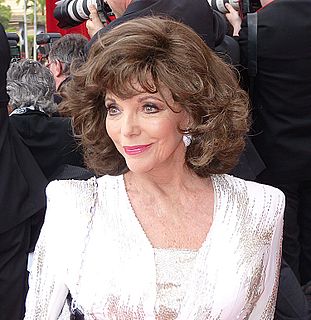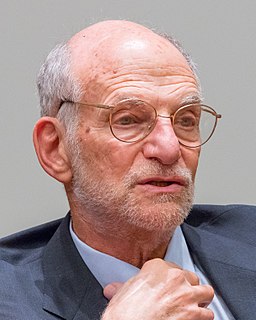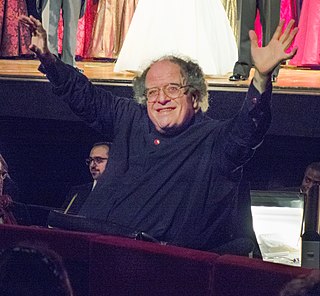A Quote by Alan Bradley
I had thought for years, probably 30 or 40 years, that it would be a lot of fun to try my hand at a classic English mystery novel... I love that form very much because the reader is so familiar with all of the types of characters that are in there that they already identify with the book.
Related Quotes
I used to feel for years and years and years that I was very remiss not to have written a novel and I would question people who wrote novels and try to find out how they did it and how they had got past page 30. Then, with the approach of old age, I began to just think: “Well, lucky I can do anything at all.
I'm a compulsive reader of fiction. I fell in love with novels when I was a teenager. My wife Marilyn and I... our initial friendship began because we are both readers. I've gone to sleep almost every night of my life after having read in a novel for 30 or 40 minutes. I'm a great reader of fiction and much less so of non-fiction.
When I was fifteen I wrote seven hundred pages of an incredibly bad novel - it's a very funny book I still like a lot. Then, when I was nineteen I wrote a couple hundred pages of another novel, which wasn't very good either. I was still determined to be a writer. And since I was a writer, and here I was twenty-nine years old and I wasn't a very good poet and I wasn't a very good novelist, I thought I would try writing a play, which seems to have worked out a little better.
Hans Rosling typically would go into the room, and he would ask the audience questions. Often they had to answer them with clickers or raising their hands or something. We get [data] wrong because 50 years ago that wasn't the case and because we haven't had these graphics we don't realize that over the last 30, 40, 50 years things have changed dramatically. And you see how the world has been getting a better, safer, more homogeneous place. It just has.
It was only after two years' work that it occurred to me that I was a writer. I had no particular expectation that the novel would ever be published, because it was sort of a mess. It was only when I found myself writing things I didn't realise I knew that I said, 'I'm a writer now.' The novel had become an incentive to deeper thinking. That's really what writing is—an intense form of thought.
I remember reading 'The Grapes of Wrath' in high school in 1983. My family had immigrated to the U.S. three years before, and I had spent the better part of the first two years learning English. John Steinbeck's book was the first book I read in English where I had an 'Aha!' moment, namely in the famed turtle chapter.
In my couple of books, including Going Clear, the book about Scientology, I thought it seemed appropriate at the end of the book to help the reader frame things. Because we've gone through the history, and there's likely conflictual feelings in the reader's mind. The reader may not agree with me, but I don't try to influence the reader's judgment. I know everybody who picks this book up already has a decided opinion. But my goal is to open the reader's mind a little bit to alternative narratives.
So here you are, in your twenties, thinking that you'll have another 40 years to go. Four decades in which to live long and prosper.Bad news. Read the papers. There are people dropping dead when they're 50, 40, 30 years old. Or quite possibly just after finishing their convocation. They would be very disappointed that they didn't meet their life expectancy.I'm here to tell you this. Forget about your life expectancy.





































